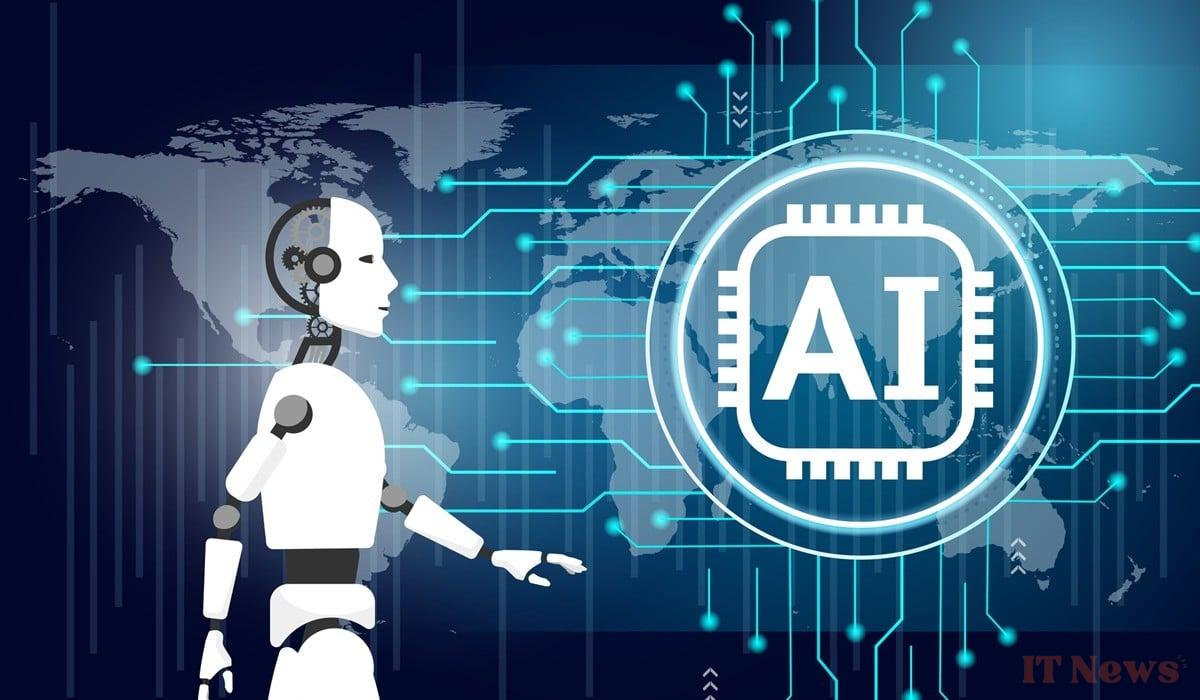It's not all about an algorithm. Nor about a success story. So AI wasn't born in 2022. The global buzz surrounding Open AI with ChatGPT put the spotlight on artificial intelligence. And the public debate ignited. This created shortcuts and biases. To the point of using the two letters "AI" to actually talk about Generative AI. However, that's not the meaning given to Tech. Because AIs are multiple. That's good, so are the use cases. And artificial intelligences have never brought so much meaning to our societies as when they respond to specific business needs. AIs that must be designed for and by businesses. And at the service of humans. A little history...
Did you say AI? No. In reality, we observe a diversity of AI systems...
Symbolic AI, computer vision, NLP & LLM, etc. And these AI technologies address a multitude of use cases and specific business needs in insurance, banking, agri-food, health, medicine, etc.
The 60s-70s
The boom of the 60s. The decade was marked by an exponential evolution of computer capacity. The first area of AI concerned expert systems. Logic and thinking patterns were modeled in a computer system. Thus, the first real production applications of AI arrived at this time, with, for example, the MYCIN expert system dedicated to the diagnosis of infectious diseases.
The 80s-90s
The 80s, learning. This period concretized another approach, another use case for neural networks: connectionist models. These would give rise to Machine Learning. To configure these models, they are made to learn large amounts of data so that they "self-configure." Character recognition is a good example of the new approach. This is the first convolutional neural network (CNN) model by Yann Le Cun. Another highlight of the decade: a supercomputer beats chess master Gary Kasparov. Incidentally, this is the same reinforcement learning system that inspired the successful Chinese startup DeepSeek in 2018.
The 2000s-2010s
The 2000s: new computing power. Well aided by more qualitative learning databases, these technologies have enabled leaps forward, particularly Machine Learning and Deep Learning models. Likewise, CNN applications for image recognition and segmentation have enabled new innovations. The 2010s saw the emergence of “Transformers” following one of Google’s most famous scientific publications: Attention is all you need. These technologies paved the way for natural language processing (NLP). The BERT model, developed by Google in 2018, is a good illustration of this significant milestone in this type of AI.
Combining technologies
Artificial intelligence is not limited to its Gen AI component alone. It still needs to be explained to understand it. And go beyond the OpenAI success story with ChatGPT. Because the diversity of AIs is very real. And it is this diversity that addresses business needs in all areas of society. As a reminder, the World Summit for Action on Artificial Intelligence demonstrated the importance of an open and plural technological model. To fully exploit the potential of technology, companies must not master one technology. They must effectively combine all AI and automation technologies to address their business needs.
In 2025, organizations must have the means to match their ambitions to accelerate their digital transformation. Namely, combining the best AI technologies and orchestrating them intelligently at the heart of business processes. Artificial intelligence systems take on their full meaning when serving humans, business lines, and operational staff. It's a fact. AIs already address multiple use cases to facilitate invoice processing, meet regulatory compliance obligations, combat fraud, and more. This technology has also proven very useful in the fields of health and cancer research. The other major challenge facing our societies: From technological innovation to progress? This is the path to take to permanently install responsible AIs in our daily lives: women and men who, each day, helped by AI assistants, like a super co-pilot, will focus on the essentials of their job.
To find out more about AI: Frédéric Le Bars, deputy CEO of ITESOFT, has created a special AI Advent calendar. Discover it with the 25 stories and use cases on artificial intelligence.



0 Comments